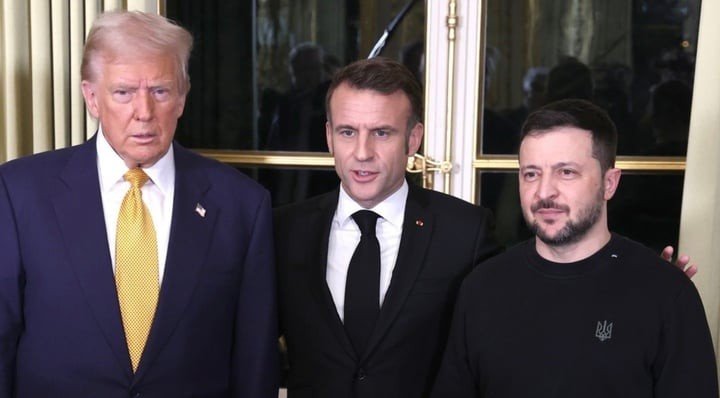French President Emmanuel Macron has called on Russia to agree to a 30-day ceasefire, emphasizing the need for de-escalation and humanitarian relief in war-affected regions. This proposal aligns with international efforts to broker peace and provide a temporary reprieve for civilians caught in the conflict. Macron’s stance underscores France’s commitment to diplomatic solutions while addressing broader geopolitical implications.
## Macron’s Ceasefire Proposal: A Strategic Diplomatic Move
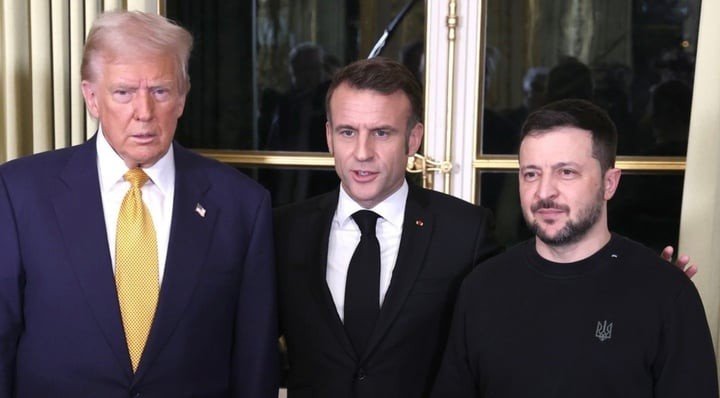
The demand for a 30-day ceasefire is not an isolated initiative but part of France’s broader diplomatic approach toward resolving conflicts. Macron, known for his active role in international negotiations, has been advocating for a diplomatic resolution to the ongoing crisis. His proposal aims to facilitate humanitarian aid, prevent further casualties, and create an environment conducive to peace talks.
### The Rationale Behind the Ceasefire Request
Several factors underpin Macron’s push for a temporary halt in hostilities:
1. **Humanitarian Concerns:** Civilians, including women and children, are the most affected in prolonged conflicts. A ceasefire would allow humanitarian organizations to deliver essential aid, medical assistance, and food supplies to affected regions.
2. **International Diplomacy:** France, along with other NATO allies, seeks a peaceful resolution to the crisis. By advocating for a ceasefire, Macron aims to create a diplomatic pathway for long-term negotiations.
3. **Economic Stability:** Conflicts disrupt trade routes and economic activities, affecting global markets. A ceasefire could temporarily stabilize economic conditions, benefitting both local economies and international trade.
4. **Military Strategy:** A pause in hostilities provides all parties an opportunity to reassess their positions, potentially leading to de-escalation and future negotiations.
## Russia’s Response to Macron’s Proposal
While Macron’s call for a 30-day ceasefire has garnered support from Western allies, Russia’s response remains critical in determining the success of this initiative. The Russian government has historically been cautious about unilateral ceasefire demands, often citing security concerns and geopolitical interests.
### Potential Russian Reactions
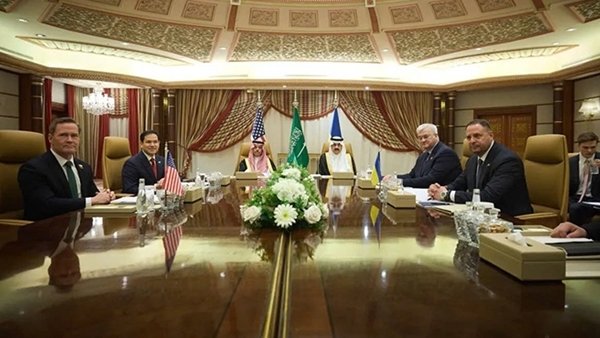
1. **Acceptance of the Ceasefire:** If Russia agrees to the proposal, it could signal a willingness to engage in diplomatic discussions. However, such a decision would likely come with conditions that align with Russia’s strategic interests.
2. **Partial Compliance:** Moscow might agree to localized ceasefires in certain regions while maintaining military operations elsewhere, thus controlling the terms of engagement.
3. **Rejection:** If Russia dismisses the ceasefire request, tensions could escalate further, leading to intensified military actions and prolonged conflict.
## International Reactions and Implications
### European Union (EU) and NATO Support
Macron’s ceasefire request aligns with the broader EU and NATO strategies of conflict resolution through diplomatic means. European leaders have expressed support for any measure that alleviates civilian suffering and paves the way for constructive dialogue.
### United Nations’ Perspective
The United Nations (UN) has consistently advocated for ceasefires in conflict zones, emphasizing the need for humanitarian corridors. Macron’s proposal echoes UN resolutions calling for the protection of civilians and adherence to international law.
### The United States’ Stance
The U.S. government has been closely monitoring the situation and has expressed cautious optimism regarding the potential for a temporary ceasefire. Washington’s stance will be crucial in influencing NATO’s collective response to Macron’s initiative.
## Challenges and Roadblocks to a Successful Ceasefire
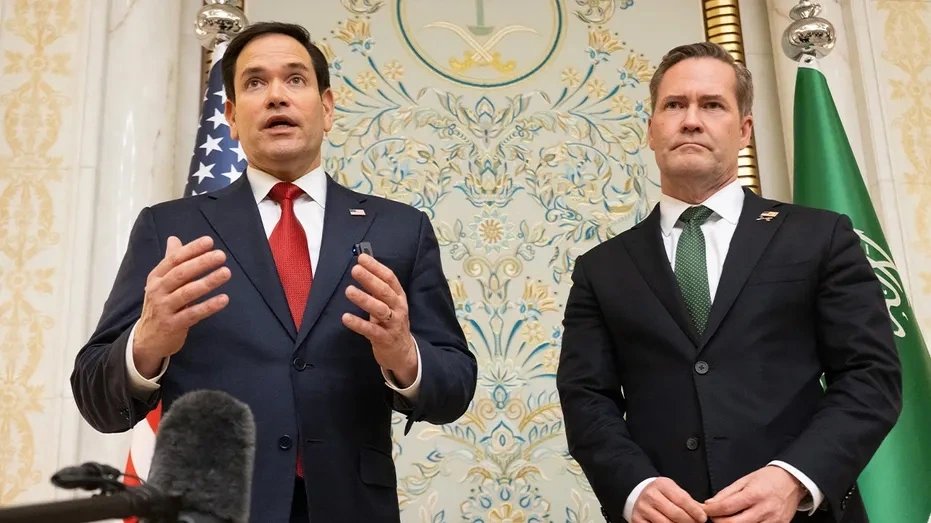
While the proposal for a 30-day ceasefire is commendable, several challenges must be addressed for its successful implementation:
1. **Lack of Trust Between Parties:** Historical conflicts and broken agreements have led to deep-seated mistrust, making negotiations difficult.
2. **Continued Military Objectives:** Both sides have strategic objectives that may not align with a temporary halt in fighting.
3. **Verification and Monitoring:** Ensuring compliance with a ceasefire requires independent monitoring mechanisms, which may be difficult to implement in active conflict zones.
4. **Political Pressures:** Internal political dynamics within Russia and allied nations may influence decision-making processes regarding ceasefire acceptance.
## The Path Forward: Macron’s Role in Peace Negotiations
Macron’s active diplomatic engagement positions him as a key player in ongoing peace efforts. Moving forward, his role may involve:
– **Facilitating Multi-Party Talks:** Engaging both Russian and Ukrainian leadership in direct negotiations.
– **Strengthening EU Unity:** Ensuring a cohesive European response to the crisis.
– **Leveraging Economic and Political Incentives:** Using economic aid and diplomatic partnerships to encourage ceasefire compliance.
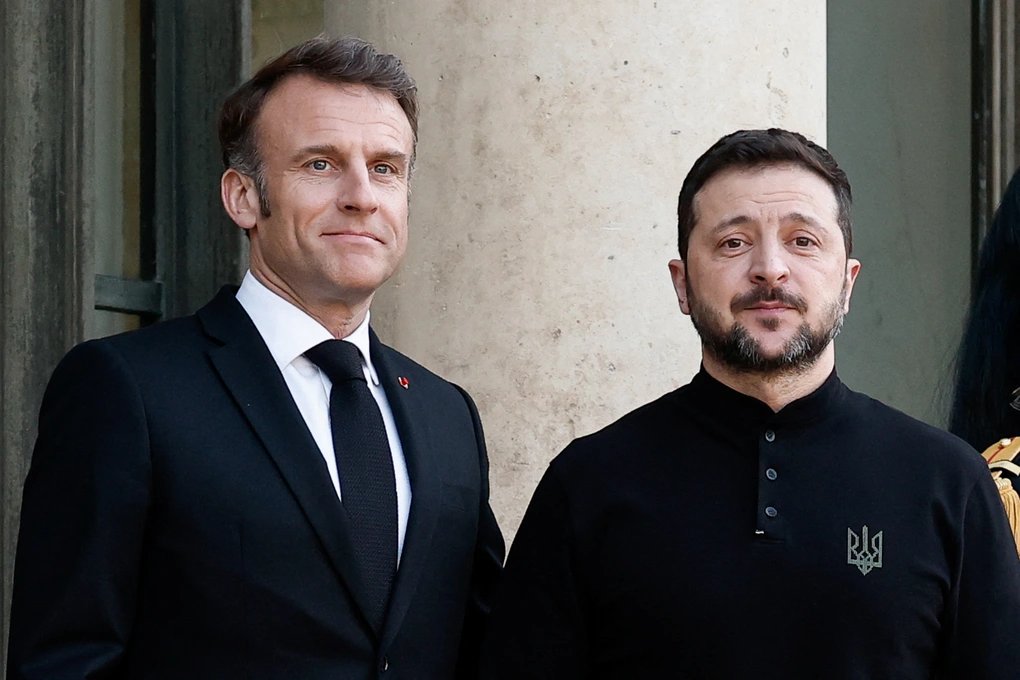
## Conclusion
President Emmanuel Macron’s call for a 30-day ceasefire represents a significant diplomatic effort to mitigate the humanitarian crisis and foster peace. While challenges persist, the proposal serves as a critical step in international conflict resolution. The global response to this initiative will determine whether diplomacy can prevail in the face of ongoing tensions. As negotiations continue, the world watches closely to see whether this ceasefire can pave the way for lasting peace.
